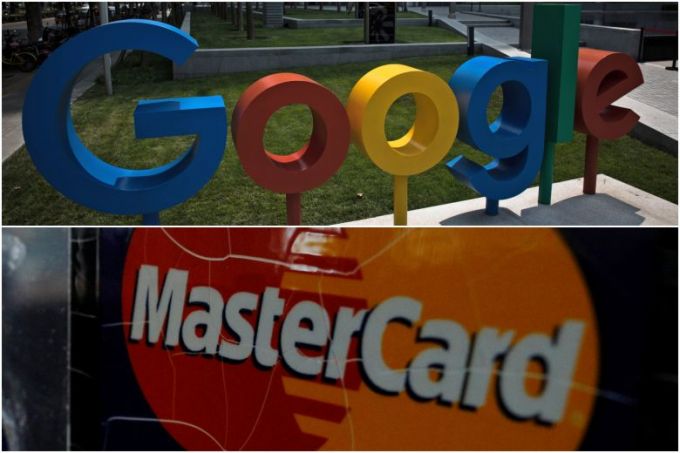A Priceless deal
September 1, 2018 | Expert Insights

Google and Mastercard inked a secret deal which tracks the retail purchases of customers.
Most of the two billion Mastercard holders are not aware of this behind-the-scene tracking as the companies never told the public about the arrangement.
Background
Google LLC is an American multinational technology company that was founded in 1998 by Larry Page and Sergey Brin while they were Ph.D. students at Stanford University, in California. It is a technology company which provides a host of web-based and real-world services.
Mastercard is an American multi-national financial services company headquartered in New York. Mastercard has become a household name because of its “Mastercard” brand of debit, credit and prepaid cards. Its principal business is to process payments between the banks of merchants and the card issuing banks or credit unions of the purchasers.
Google has used “secret deals” in the past to boost its own business or that of its partners. Additionally, it has a proven track record of tracking Android Users without their permission through the device’s GPS. Android Users have an option to disable this feature but Google is reported to have tracked its users without informing them.
Analysis
Alphabet Inc.'s Google and Mastercard Inc. brokered a business partnership after about four years of negotiations according to four people with knowledge of the deal.
The alliance gave Google an unprecedented advantage for measuring retail spending, part of the search giant's strategy to fortify its primary business against onslaughts from Amazon.com Inc. and others. But the deal, which has not been previously reported, could raise broader privacy concerns about how much data technology companies like Google can silently absorb.
Google paid Mastercard millions of dollars for the data and the companies discussed sharing a portion of the ad revenue. The information, which includes sales volumes and average size of the purchase, is shared only with permission of the merchants.
A spokesman for Google said there is no revenue sharing agreement with its partners.
Last year, when Google announced the service, called "Store Sales Measurement", the company just said it had access to "approximately 70 per cent" of US credit and debit cards through partners. This could mean that the company has deals with other credit card companies.
Google may have also approached other payment companies about the programme, but it is not clear if they finalised similar deals.
Google confirmed that the service applies only to people who are logged in to one of its accounts and have not opted out of ad tracking. Purchases made on Mastercard-branded cards accounted for around a quarter of US volumes last year, according to the Nilson Report, a financial research firm.
Through this test programme, Google can anonymously match these existing user profiles to purchases made in physical stores. Advertisers spend lavishly on Google to glean valuable insight into the link between digital ads, a website visit or an online purchase. It's harder to tell how ads influence offline behaviour.
Google has not issued any statements in relation to their agreement with Mastercard, however, based on past instances, Google will attempt to “fix” the problem before making a public announcement. Read more about the anti-trust fine from the EU here.
Assessment
Our assessment is that this agreement may be the tip of the iceberg with regards to the breach in privacy of millions of Google users. Google enjoys a near-universal trust of the internet-using public for its accurate and efficient search engine. However, we feel that Google has been taking advantage of its vast wealth of user data and exploiting it for strengthening its own business interests. We believe that we can expect a response form Google on this issue within a week with a proposed solution for the agreement.








Comments